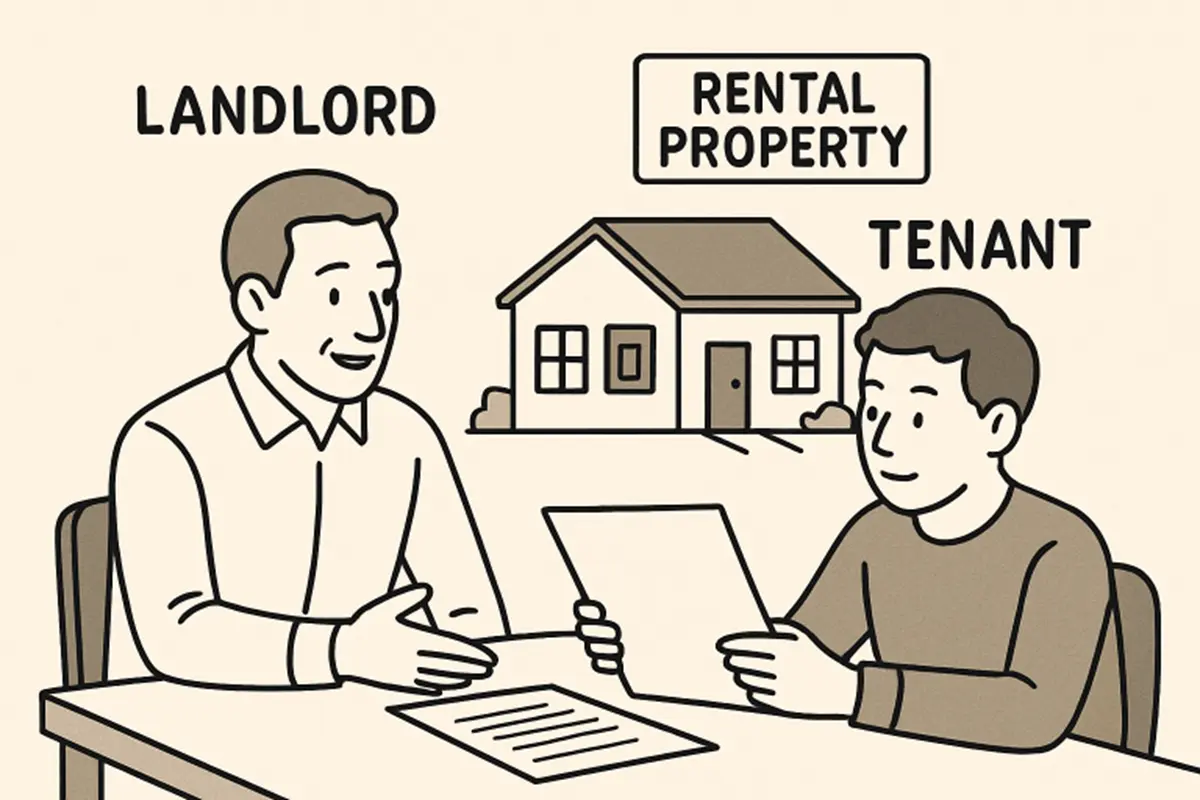Key Takeaways
- Evictions require careful adherence to legal processes, protecting landlords and tenants from future problems.
- Open, respectful communication often helps prevent escalations and disputes before they arise.
- Understanding tenant rights and responsibilities is crucial for compliant and fair property management.
- Leveraging mediation and alternative solutions can resolve disputes faster and more amicably.
- The eviction process can vary by state, so landlords must always stay updated on local regulations.
Evictions are often one of the most challenging aspects of property management, carrying both legal and emotional complexities. For landlords, the goal is not only to regain possession of the property but also to navigate the process to minimize disputes and maintain professionalism. Landlords can reduce the risk of conflicts or costly litigation by following proper legal procedures, documenting every step, and communicating clearly with tenants. Understanding tenant rights, exploring alternatives to eviction when possible, and seeking legal guidance when necessary can make the process smoother and more efficient. Ultimately, a fair and respectful approach helps protect the landlord’s interests while preserving dignity for all parties involved.
The Landscape of Evictions for Landlords
Eviction is challenging for both landlords and tenants. Despite careful screening processes and thoughtfully drafted lease agreements, situations may still arise where eviction becomes necessary. In the United States alone, more than two million eviction cases were filed in 2022, underscoring the prevalence and magnitude of these challenges. For landlords, navigating this process with empathy, clear procedures, and professionalism can minimize disputes and safeguard all parties involved.
Adhering to the law is paramount. Keeping up with the latest rental regulations, documentation requirements, and fair housing standards can help landlords avoid legal pitfalls. When unique or complicated situations arise, consulting trusted real estate law attorneys Colorado is often a critical step for ensuring that every action taken is compliant and carefully considered. This proactive approach not only protects the landlord’s legal standing but also helps preserve valuable business relationships and community reputation.
Knowing the Legal Basics
Each state and sometimes even each locality has different eviction rules. Most jurisdictions require that a landlord provide a formal written notice to a tenant before taking further legal action. This notice typically allows tenants to cure the default by paying overdue rent or remedying another lease violation. Failure to follow exact legal steps can result in considerable delays, financial losses, or the possibility of the case being dismissed from court.
Understanding your rights and obligations ensures you treat tenants fairly and protects you from countersuits or claims of unlawful eviction practices. Using official state websites or reputable legal resources can help clarify the latest eviction procedures and changes in renter protection laws.
Clear Communication Can Prevent Evictions
Many evictions can be prevented through open, proactive communication. Maintaining a steady dialogue with your tenants helps set expectations about payment deadlines and property rules while making tenants feel comfortable addressing concerns early on. A friendly email reminder or a courteous phone call addressing late rent or minor violations often encourages a timely resolution without formal notices or legal action.
Consistency is crucial regularly scheduled check-ins and documented communication allow both parties to clarify misunderstandings and seek solutions proactively. Focusing on respectful, empathetic exchanges can de-escalate tensions before they develop into costly disputes.
Common Reasons for Eviction
Non-payment of rent, lease terms violation, property damage, illegal activity, and end of lease term without renewal are all scenarios with unique notice requirements and documentation. Non-payment typically requires a “pay or quit” notice, while other violations may require alternative notification. Local housing authorities or publications often provide templates and timelines for these cases, making compliance easier. Keeping accurate records of all notices, tenant communications, and supporting evidence is essential if the matter proceeds to court. Failure to follow proper notice procedures can result in dismissal of the eviction case, even if the landlord’s claims are valid. Landlords should also verify that notices are delivered by state or local service rules, such as personal delivery, certified mail, or posting on the premises. Consulting with a legal professional before serving notices can help avoid costly procedural errors. Finally, understanding the specific timelines and cure periods for each type of violation ensures the eviction process is lawful and enforceable.
Documentation: The Landlord’s Shield
Maintaining detailed records is essential at every stage of the tenant relationship but it’s especially vital when an eviction is underway. Save copies of every rent receipt, lease amendment, and written communication between you and your tenant. Photos documenting the condition of the unit before and after tenancy, inspection logs, and any formal notices or certified mail receipts can serve as crucial evidence in court.
A well-documented case reduces ambiguity and increases the chance of a streamlined legal process. Landlords who keep meticulous files are less likely to encounter tenants’ challenges regarding the veracity of claims or the fairness of the eviction process.
Mediation and Alternative Solutions
Sometimes, the formal eviction process is not the only solution. Mediation a facilitated dialogue between landlords and tenants can result in agreements that satisfy both sides without heading to court. Many municipalities offer mediation services free of charge or at minimal cost. Mediation can significantly decrease eviction rates and resolve disputes more amicably, though it is not always a cure-all.
Mediation is especially helpful in cases where prolonged legal battles are not in either party’s best interest. Resolved quickly and with less financial or emotional strain, mediated settlements often maintain better landlord-tenant relations for future interactions. Agreements reached in mediation can be customized to address payment plans, property repairs, or move-out timelines that work for both sides. This flexibility often leads to more creative solutions than a court ruling might allow. Additionally, mediation reduces the public record of disputes, which can benefit both parties’ reputations. Landlords who use mediation also demonstrate a willingness to work collaboratively, which can enhance trust with current and future tenants. Finally, mediation may help preserve rental income by avoiding lengthy vacancy periods that can follow contentious evictions.
When to Involve Legal Professionals
Sometimes, even with the best communication and mediation efforts, disputes escalate or tenants refuse to vacate. Working with a qualified attorney can protect your legal and financial interests in these moments. Real estate attorneys bring expertise in navigating eviction statutes, local housing court requirements, and complex legal filings. Landlords who partner with expert counsel can avoid common mistakes that may result in case dismissals, file appeals when necessary, and ensure all landlord actions comply with state and local regulations.
For particularly complex situations such as removing tenants after foreclosure, dealing with claimed disability accommodations, or defending against wrongful eviction claims professional guidance ensures the landlord remains within the bounds of the law at every step.
Final Thoughts on Maintaining Positive Landlord-Tenant Relationships
Evictions represent a difficult chapter in any landlord-tenant relationship. By focusing on legal compliance, prioritizing clear and respectful communication, documenting every step, and exploring alternative dispute resolution options, landlords can handle these matters efficiently while minimizing disputes. Staying informed on ever-changing rental regulations and seeking professional advice when needed can save time, protect finances, and preserve the dignity of all involved.
Also read- The Benefits That Block-Chain Technology Provides For All Australian Businesses.




